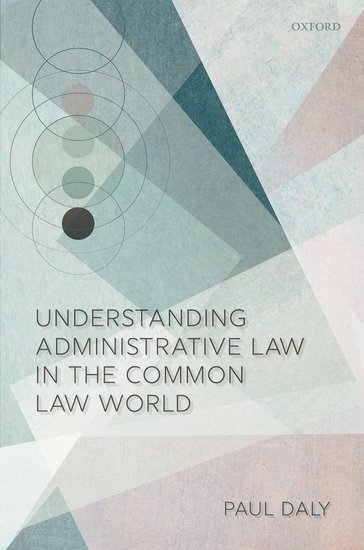Symposium on Understanding Administrative Law in the Common Law World

I suppose having written a book entitled Understanding Administrative Law in the Common Law World (OUP, 2021), it is only appropriate to have a symposium on the book on a blog entitled Administrative Law in the Common Law World (a wonderful collective endeavour to which I am very proud to have offered the opening post).
The first post in the symposium appeared today, from the pen of Professor Alison Young:
In Understanding Administrative Law in a Common Law World, Paul Daly provides an account of four values of judicial review: individual self-realisation; good administration; electoral legitimacy; and decisional autonomy. These values are not presented as a monolithic, all-encompassing theory of administrative law – which Daly argues does not exist. Instead, Daly invites theorists to refocus our gaze on the case law. He draws on accounts of judicial review in Australia, Canada, England and Wales, Ireland, and New Zealand to demonstrate that his four principles influence the content of judicial review, at least in the preponderance of cases presented in this book.
It is hard to disagree with this assertion. Daly’s account clearly demonstrates how these values run through case law. The values are sufficiently abstract as to be capable of a range of specific interpretations in different legal systems. These values are pluralist, both complementary and in tension. There is no one unifying theory as to how the different values should be balanced, although this is often resolved through their specific application to the facts. Is this a strength or a weakness of Daly’s account and, if a weakness, how can this be remedied?
Read on to see what she thinks! There will be subsequent contributions from Mary Liston, Jacob Weinrib, Cora Chan and Jason Varuhas, with a reply from me in mid-April.
This content has been updated on March 10, 2022 at 01:38.